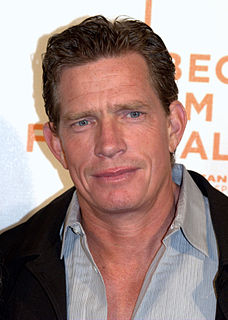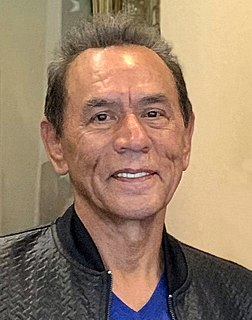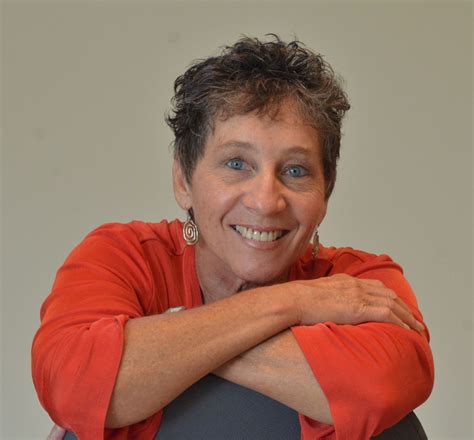A Quote by Thomas Haden Church
Look at the Native American culture. They revere the elders.
Related Quotes
You see the one thing I've always maintained is that I'm an American Indian. I'm not a Native American. I'm not politically correct. Everyone who's born in the Western Hemisphere is a Native American. We are all Native Americans. And if you notice, I put American before my ethnicity. I'm not a hyphenated African-American or Irish-American or Jewish-American or Mexican-American.
I have four relatively small children, and around fourth grade, they start doing big projects on Native Americas: everything is Native Americans in elementary school. Do you know how many Native American dresses I've sewn, on and on; it's a full yearlong study. And then never again. As journalists, we never even cover Native Americans.
Whether you look at 'Glee' and its normalization of gay identity or you look at the work of Martin Scorsese and the Italian-American community, American culture is able to take these stories, which are seen as marginalized, and just turn them into American stories. And you don't think twice about it.
The whole point is to take from our native culture and from contemporary culture without using one art form to mimic the other, so that our native identity remains the native identity, the contemporary identity remains the contemporary identity, and the mixing of these two musical identities creates a third musical identity.

































